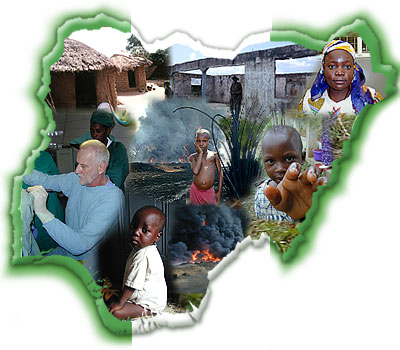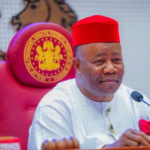How many are we in Nigeria? I raised this question in my column of May 16, 2019. If I expected anyone to answer me, put it down to my naivety. We last counted ourselves in 2006. The tradition among serious nations is to conduct a national population at ten-year intervals. If we had followed this civilised tradition among nations that are serious about proper planning based, not on hunches and whims but on reliable information, 2016 would have been the year.
It is a shame, really, that Nigeria, the giant of Africa reputed to be the most populous black nation in the world, does not know the accurate number of its citizens. In 2006, we were 140.3 million people. We reached that milestone trailed by the open or suppressed controversy that has attended every headcount since 1962.
Demographic and other experts in this rather intricate matter of counting human beings, to my father’s chagrin, have done their maths and come up with various estimated population figures based on our annual rate of growth of 2.6 to 3.0 per cent. But they too are playing safe with the estimated population figures. Their estimated figures keep changing and confusing a confused situation. They put our population at various times at 178 million, 180 million, 200 million and now 210 million. These impressive figures speak well of our giant status. But none of them is a dependable fact of our current national population. Estimated populations may be useful in the absence of the facts but I know of no nation that relies on its estimated national population to plan for itself. If ours is the only country that relies on such estimates, it could be an honour but still a dubious one.
To know our national population, we have only one option and one option only: we must get the NPC to get back to the field and conduct a new national population census. There is no excuse for not getting on with it. I was aware that the commission was ready to go. But it was held back by one thing: Buhari did not issue the proclamation. In the tradition of national population censuses, the leader of a country by whatever title he is known, must issue a formal proclamation before the agency responsible for the census can move.
The population commission wasted good money preparing itself. Buhari dragged his feet until he left office last year. Perhaps, the head count was rated low in his scale of presidential duties. The ball is now in the court of his successor, President Bola Tinubu. Our current population is outdated and useless for the purposes of national planning. That is a good enough reason for Tinubu to set the ball rolling.
In my column I referred to earlier, I wrote: “Between 1911 and 2006, we have had seven national headcounts. In the short period of 108 years, our population rose steadily from 16.05 million in 1911 to 140.3 million in 2006. We have left many nations behind at the starting point. But there is a downside to our ambition to fill the earth. We are imposing an infinite number on finite resources, human and natural. How to manage a growing population is a challenge of monumental proportions. We cannot be prepared for this challenge without knowing where we are and how many we are.
“We should know if our country is home to a larger ageing population or a larger youthful population. We should know where the population is concentrated – states, urban and rural. Only an accurate and reliable national headcount can give us these important facts. A large ageing population or a larger youthful population presents us, each with its own challenges. A nation with a larger ageing population faces the serious problems of dependency.
“On the other hand, a larger youthful population means that our future as a nation is secure, all things being equal. But just as a nation must plan for its ageing population, so must it plan for its youthful population. The managers of our national economy whose job it is to plan for our national development, can do nothing without accurate and reliable national population census. Yes, number matters. Yes, its distribution matters. And yes, national planning stands on numbers.”
No president needs to be persuaded about this. National development is not magic. It is a product of good planning based on reliable data. Fewer things could be worse for a nation such as ours than to continue to do the impossible by trying to plan our future with out-dated national population figures and demographics. You can only get accurate demographic data through a national headcount. It would be in our national interest to move from motion to movement on this front now. The first vital step is for the president to issue the proclamation and challenge the National Population Commission to do what it was set up by law to do – count us and tell us how many we are.
The national assembly is obsessed with its favourite pastime – constitutional reviews. It would be nice if the honourable members would be persuaded to make the ten-year interval between headcounts a constitutional imperative so that the proclamation by a president at the appropriate time becomes constitutionally obligatory for him and thus remove from him his assumed right to do so at his discretion. I know it is a pandora’s box. Still, let’s open it.

 Join Daily Trust WhatsApp Community For Quick Access To News and Happenings Around You.
Join Daily Trust WhatsApp Community For Quick Access To News and Happenings Around You.


